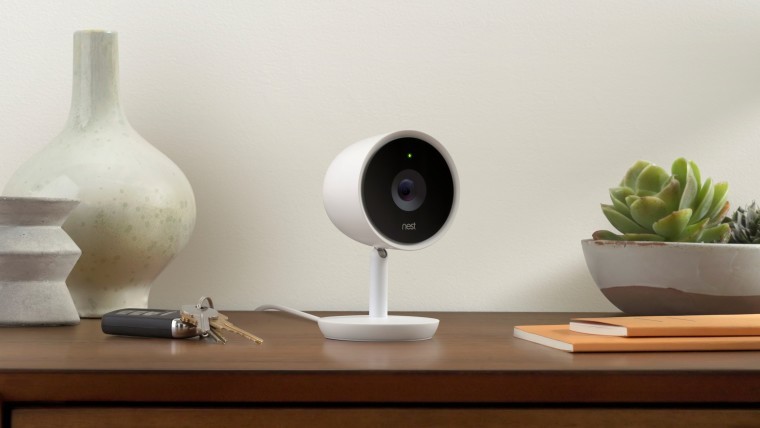
Smart home devices have become increasingly common over the past few years, and today, almost anything in your home can be controlled through the internet, one way or another. The big problem with that, though, is that many smart home devices only fit into a specific ecosystem, so you might not be able to use certain appliances with Siri, because a connection might not have been developed for it.
This can be especially troubling with devices from companies that are acquired by companies that have their own ecosystem, as with Google's acquisition of Nest, for instance. This can leave users with devices that no longer work in their ecosystem of choice.
That could soon stop being a problem, though, because major companies, including Google, Amazon, and Apple, have formed a new working group, managed by the Zigbee Alliance, which aims to create a standard for smart home device connectivity. The technology is to be called Connected Home over IP, and it aims to both simplify the development of smart home devices and make choices easier for consumers. As the name implies, the standards will be built on Internet Protocol, enabling communication between smart home devices, apps, and cloud services.
Using contributions from each of its member companies, the group hopes to accelerate the development of the new standard. The resulting standard will be royalty-free, and its development will be open-source. Google, for its part, has said it will contribute Weave and Thread, two of its smart home technologies that are already in use in "millions of homes around the world". Weave, specifically, is an application protocol that can work over Wi-Fi, cellular data, and Bluetooth Low Energy.
Other members of the working group include IKEA, Legrand, Samsung SmartThings, Signify, and many more. Interestingly, Microsoft, who might benefit greatly from an open standard like this, isn't one of the founding members.
If you'd like to learn more about the Connected Home over IP, you can check the project's official website.
















14 Comments - Add comment